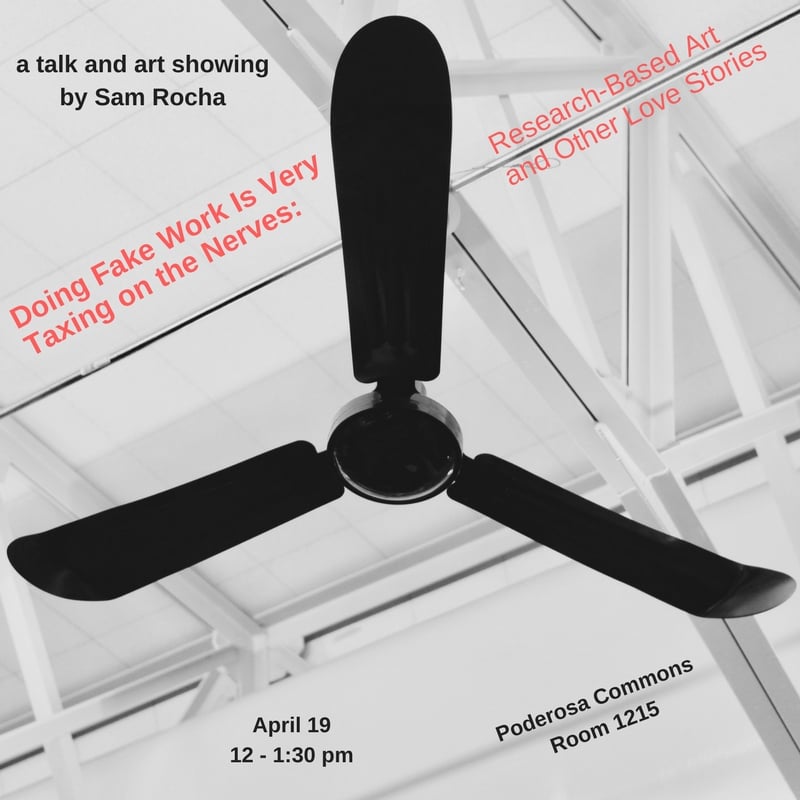
Reading and listening have become postmodern. The idea of reading with any sense of fidelity has been all but lost. In the news-cycle, we feed on half-digested items like a person who never listens, who only listens long enough to come up with a critical response. I often struggle with this in my own academic work, and also in my teaching. A student once asked me, “What do I read for?” — my reply shocked him and even me: “Read for the truth, read for what is there.”
In the aftermath of Pope Francis’ interview, it has become clear that we lack the ability to read or listen. All of us. Not just the Press, everyone. I feel some pressure to start commenting and dissecting and providing you with a secondary account of what is in the original text. I hope to resist that urge for as long as I can.
Read it again and again and again. And again. It is accessible, relatively brief, and full of things to think about, to pray about, to wonder about, to understand better and, perhaps, learn and unlearn from.
*
My junior year of high school we had a new coaching staff after our previous coach took a new job. The new coaches implemented an ambitious and rigorous offseason. One of the first things they did was odd: they taught us how to run. It seemed ridiculous. All of us had been playing competitive sports since at least the 7th grade. I was moved up to the varsity squad during the end of my sophomore year. It seemed insulting to suggest that we didn’t know how to run.
But they were right. The common sense of running was not enough. We needed to take the simple act of running more seriously to prepare for the next football season. I wrongly assumed that the fact that I’d been running my whole life meant that I knew how to run.
The summer before my freshmen year at Franciscan University of Steubenville, our honors cohort was assigned two readings: How to Read Book and Homer’s Iliad. I was just as insulted by the first assignment as when I was told that I need to learn how to run.
One of the most important things about learning to run and read, was what I had to unlearn. The bad habits and tics and redundancies.
I didn’t exactly learn how to run or read, but I did unlearn some things that enabled me to be more receptive to the tasks.
*
My recent book, A Primer for Philosophy and Education, was written in the same preparatory and remedial spirit. It is partially about the postmodern condition that prevents us from approaching texts with an open and sane mind, unburdened by what Elizabeth Scalia would call our idols. This postmodern condition also affects our inability to be educated in the deepest and most profound way, and philosophy offers a serious remedy.
Here are some quotations, from the book, that might serve to prepare the mind and heart to read and listen to Pope Francis:
Prepare your mind. Wash it clean of any debris, scrape away as many needless pretensions and presuppositions as you can, sand the surface to a bare, receptive—but not too receptive, not empty—state. Examine yourself. Look for places that need preliminary treatment: ego, books, the news, preferences and tastes, family, political ideologies and pet theories.
…
When you wonder what to read for, read for what is there. Read for the truth! No more and no less. When you listen to a lecture or watch a movie, don’t search for anything other than what is there, even if what is there is best described by referring to what is not there.
…
Read for the truth. Write and speak to show what seems true. Ask questions to get at what might be true.
Self-serving as it may seem, my Primer may be a useful tool to learn and unlearn how to read and listen to Pope Francis.










